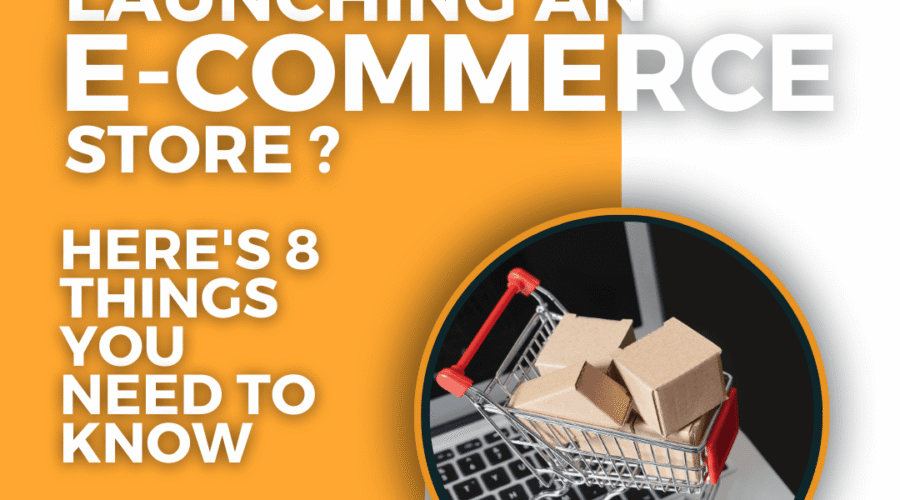Key Considerations for Launching an E-Commerce Store
In today’s digital age, launching an e-commerce store has become a popular and lucrative business endeavor. However, before diving into the world of online retail, there are several key considerations that aspiring entrepreneurs should keep in mind. From choosing the right platform to crafting a solid marketing strategy, careful planning and preparation are vital to ensure the success of your e-commerce venture. In this article, we will explore some essential factors you should consider when launching an e-commerce store.
- Product Selection: Choosing the right product(s) to sell is crucial for the success of your e-commerce store. Conduct thorough market research to identify trending products, analyze competition, and determine consumer demand. Look for products that align with your interests and have a target audience willing to make online purchases.
- E-Commerce Platform: Selecting a reliable and user-friendly e-commerce platform is a critical decision. Consider factors such as ease of use, scalability, available features, and integration options. Popular platforms like Shopify, WooCommerce, and BigCommerce offer robust solutions for building and managing your online store.
- Website Design and User Experience: Investing in a well-designed, visually appealing, and user-friendly website is essential. Your website should be easy to navigate, with clear product categorization, a streamlined checkout process, and responsive design for mobile devices. Ensure that your website loads quickly and provides a secure browsing and shopping experience.
- Payment Gateway and Security: Integrating a secure and reliable payment gateway is vital to facilitate smooth transactions and gain customer trust. Research and choose a payment gateway provider that offers encryption, fraud protection, and multiple payment options. Implement SSL certification to secure customer data and protect sensitive information.
- Inventory and Order Management: Efficient inventory management is crucial to meet customer demand and prevent stockouts or overstocking. Implement inventory tracking systems and consider automation tools to streamline order processing, shipping, and fulfillment. This helps to maintain accurate inventory levels and ensure timely deliveries.
- Marketing and Customer Acquisition: Developing a comprehensive marketing strategy is key to driving traffic and acquiring customers. Utilize a mix of digital marketing channels such as search engine optimization (SEO), social media advertisements, email marketing, and content marketing. Leverage customer reviews, referrals, and influencer partnerships to increase brand awareness and customer trust.
- Customer Service and Support: Providing excellent customer service is paramount for customer satisfaction and retention. Implement live chat, email support, and phone support options to address customer inquiries and resolve issues promptly. Prioritize customer feedback and continuously improve your service to foster long-term customer relationships.
- Analytics and Optimization: Regularly monitor and analyze key metrics such as website traffic, conversion rates, customer behavior, and sales data. Utilize analytics tools and gather insights to identify areas for improvement and optimize your e-commerce store. Test different strategies, track performance, and make data-driven decisions to enhance overall performance.
Launching an e-commerce store requires careful planning and consideration of various factors. By selecting the right products, choosing a suitable platform, focusing on website design and user experience, ensuring secure transactions, managing inventory effectively, implementing a robust marketing strategy, providing exceptional customer service, and utilizing data analytics, you can set yourself up for success in the competitive world of online retail. Keep these key considerations in mind as you embark on your e-commerce journey and watch your business thrive.



